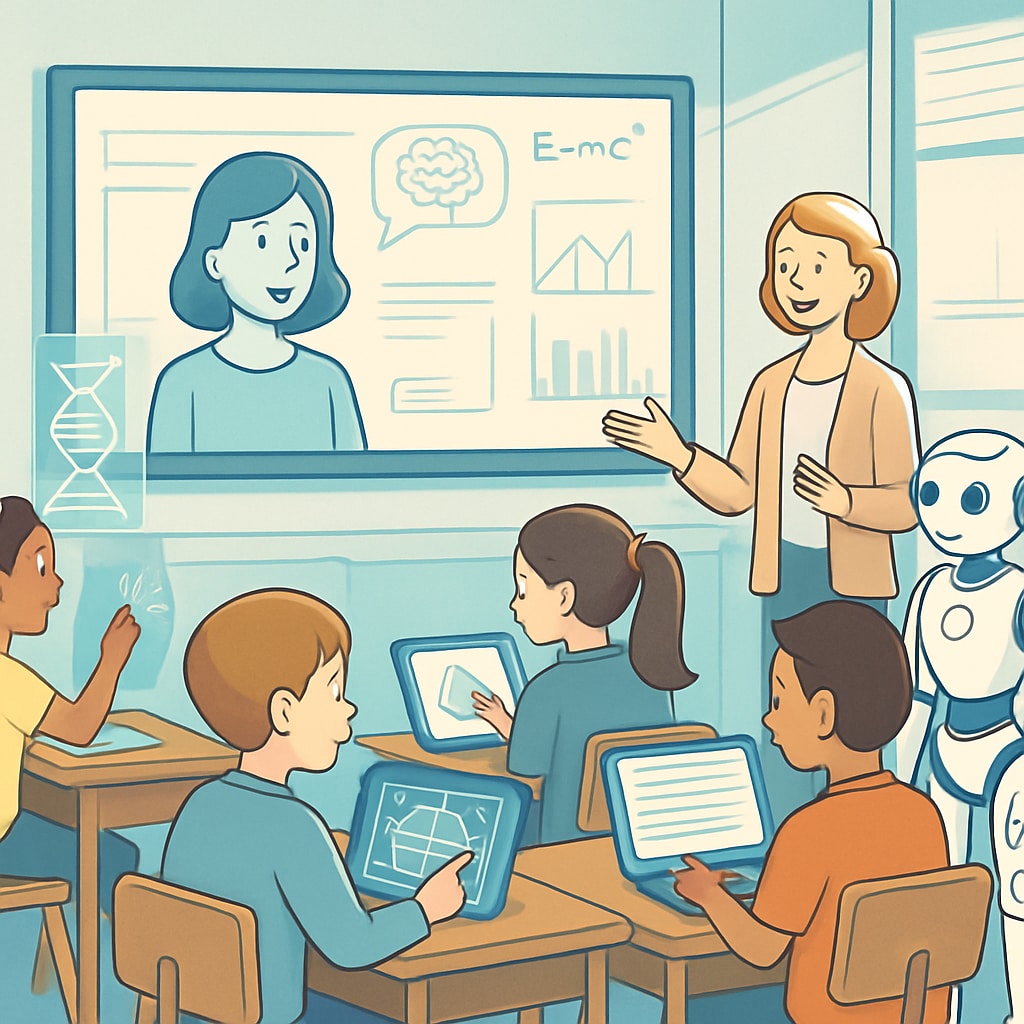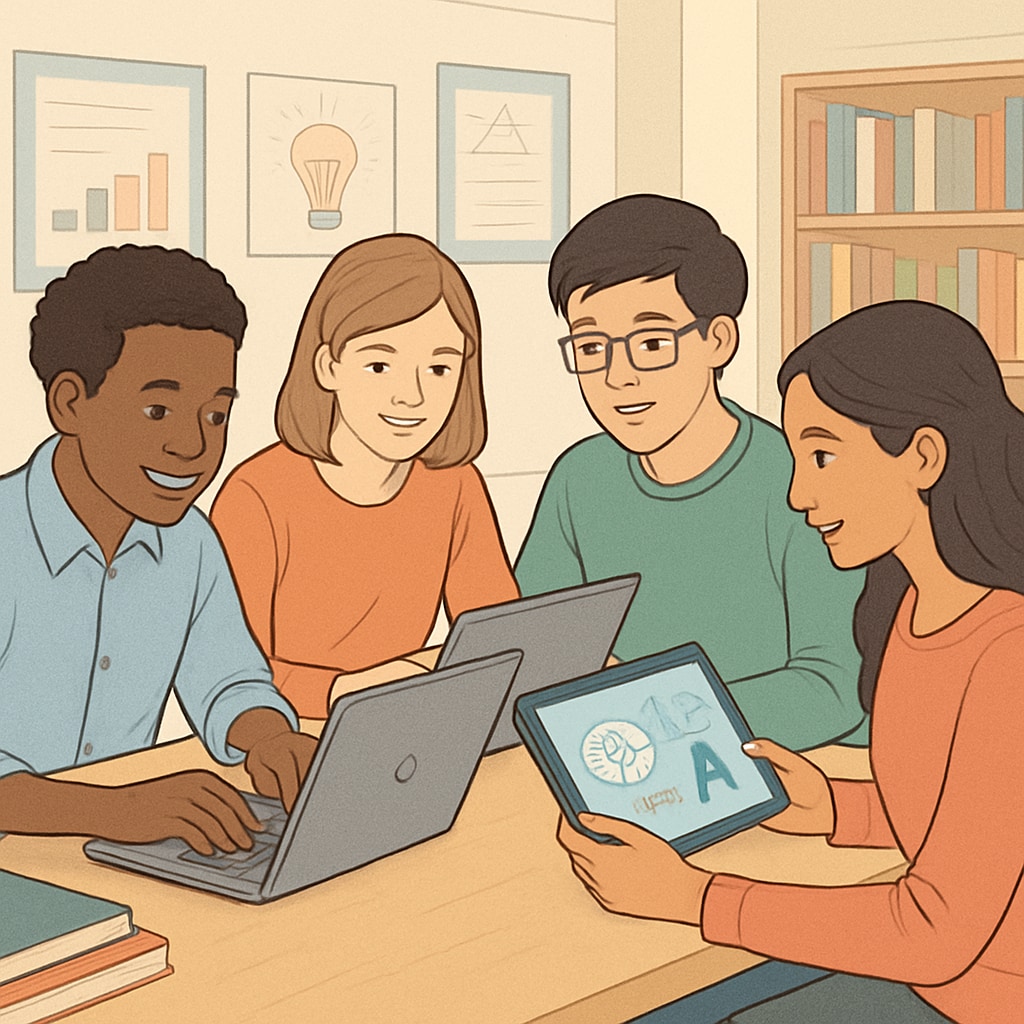As artificial intelligence (AI) continues to transform industries worldwide, its influence on education, particularly traditional competitive exams, is becoming increasingly evident. The challenge lies in reshaping the K12 evaluation system to nurture innovative thinkers who can thrive in a rapidly evolving society. While competitive exams have long been a staple for talent selection, the AI era demands a paradigm shift in how we assess knowledge and potential.

The Changing Landscape of Competitive Exams
Historically, competitive exams have relied on standardized testing as a benchmark for evaluating student performance. These exams often prioritize rote learning and short-term memorization over critical thinking and creativity. However, AI technologies, such as intelligent tutoring systems and adaptive learning platforms, are revolutionizing the way students acquire knowledge, making traditional evaluation methods increasingly outdated.
For example, AI-driven platforms can personalize content delivery based on individual learning styles and real-time progress. This contrasts starkly with the one-size-fits-all approach of many competitive exams, highlighting the need for more dynamic and flexible assessment models.
Why the Current System Falls Short
One of the primary limitations of traditional competitive exams is their inability to measure skills that are crucial for future success, such as problem-solving, collaboration, and emotional intelligence. In an AI-driven world, these competencies are essential for navigating complex challenges and contributing meaningfully to society.
Moreover, the rise of AI has made information more accessible than ever before. Memorization-based exams, which often focus on testing students’ ability to recall facts, are less relevant in an era where answers can be retrieved instantly through AI tools. The emphasis should shift towards evaluating how students use information creatively and ethically to solve problems.

Reimagining K12 Exams for the AI Era
To align with the demands of the AI era, K12 exams must undergo significant reform. Here are key recommendations for creating a future-ready evaluation system:
- Incorporating Real-World Scenarios: Exams should simulate real-world problems that encourage students to apply their knowledge practically. For instance, project-based assessments can evaluate critical thinking and innovation.
- Focusing on Holistic Skills: Beyond academic achievement, assessments should measure emotional intelligence, teamwork, and ethical decision-making.
- Utilizing AI for Dynamic Testing: AI-powered adaptive testing can tailor questions to a student’s skill level, providing a more accurate measure of individual capabilities.
- Promoting Collaboration: Group-based assessments can foster teamwork and collective problem-solving, skills that are increasingly valued in modern workplaces.
Preparing Teachers and Institutions for Change
Reforming the K12 exam system is not just about modifying the tests themselves; it requires a comprehensive shift in educational practices. Teachers must be equipped with the tools and knowledge to integrate AI into their classrooms effectively. Institutions should invest in professional development programs that focus on AI literacy and innovative teaching methods.
Additionally, policymakers must prioritize funding for AI-powered educational tools and infrastructure to ensure equitable access for all students. Without such measures, the benefits of AI in education risk being concentrated among a privileged few.
Conclusion: Nurturing Tomorrow’s Innovators
Artificial intelligence presents both challenges and opportunities for traditional competitive exams in the K12 system. By embracing assessment models that value creativity, collaboration, and critical thinking, educators can cultivate a generation of learners who are not only equipped to navigate the AI era but also to shape it. The time to rethink and reform is now.
For further insights into the impact of AI on education, explore resources from trusted authorities such as Education and Artificial Intelligence on Wikipedia and Artificial Intelligence on Britannica.


